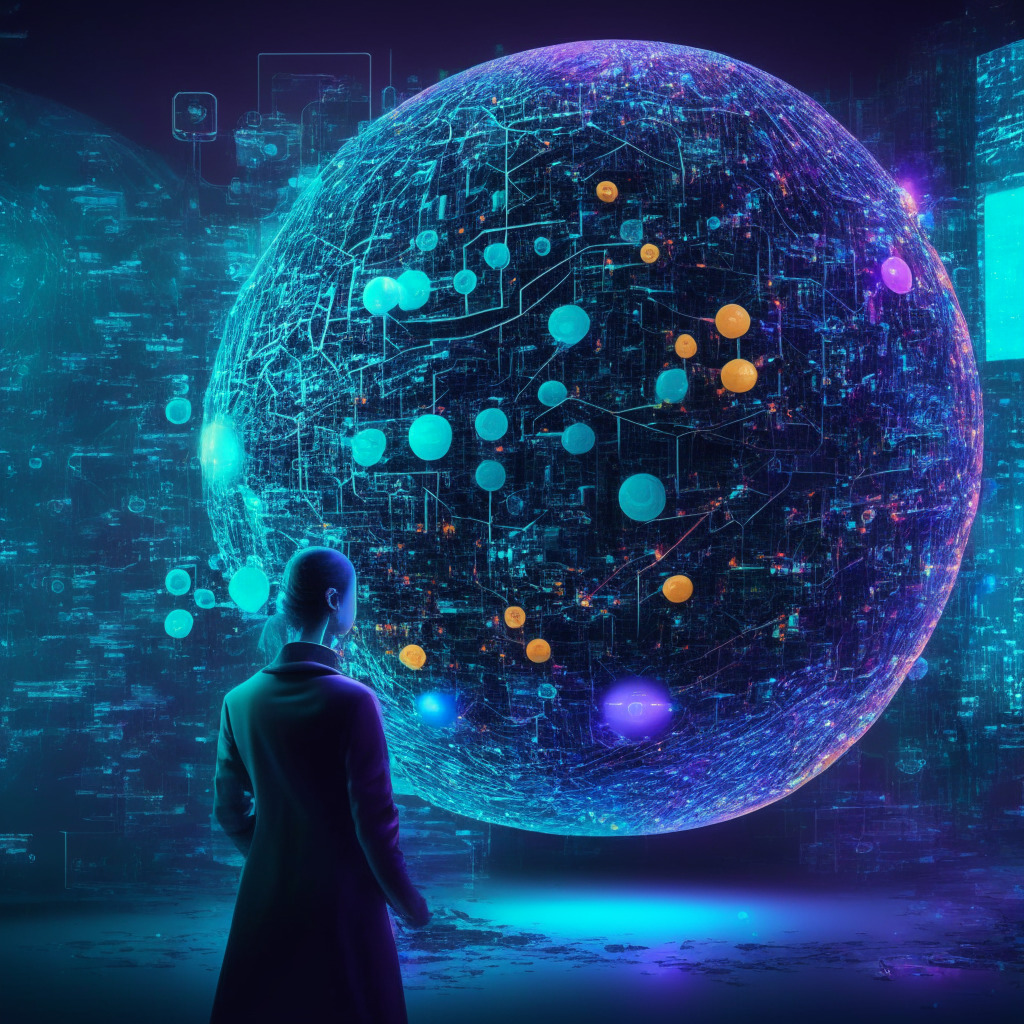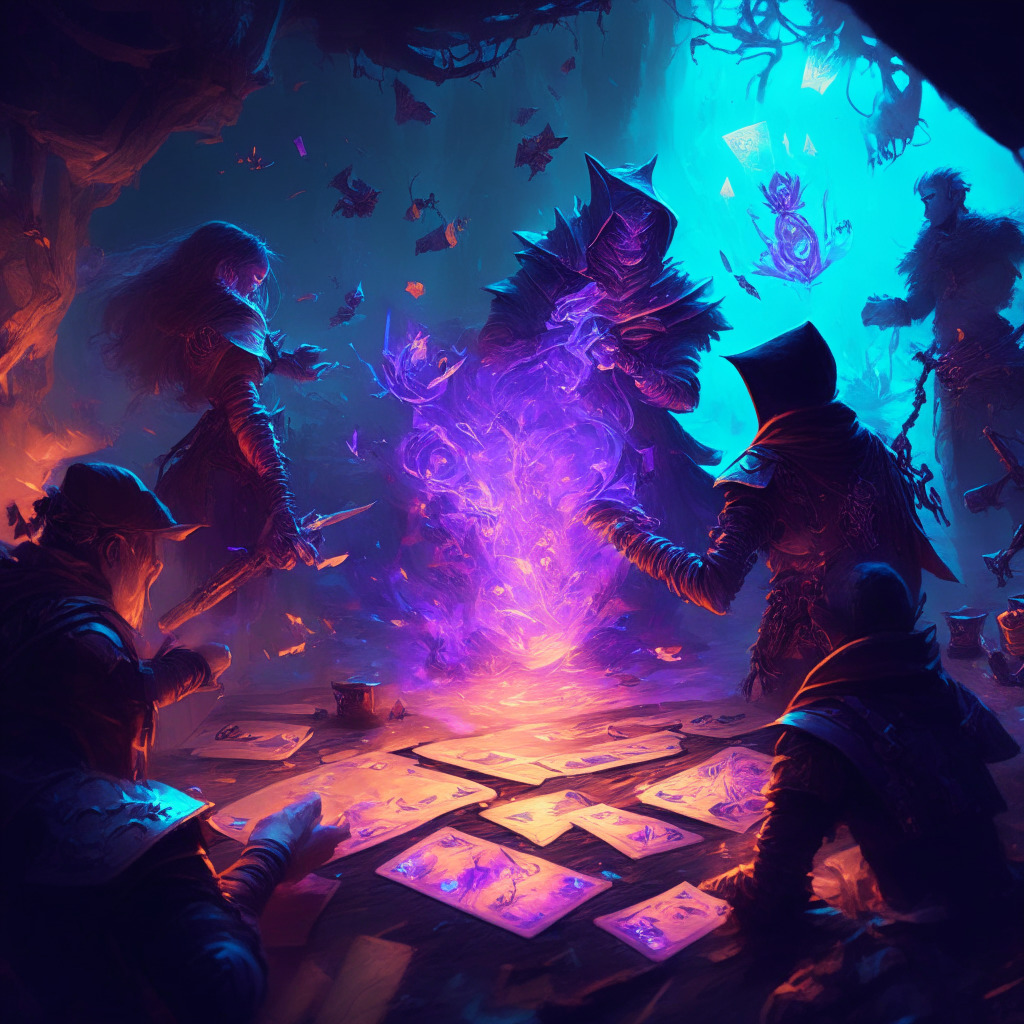In a recent announcement, popular Ethereum block explorer Etherscan has integrated ChatGPT into its suite of tools for analyzing the Ethereum blockchain. The launch of the Code Reader, currently in beta, is part of this integration, which brings the ChatGPT API to the platform. Users will now be able to retrieve and interpret the source code of specific contract addresses with the help of AI.
Generally, blockchain explorers are online search engines used for viewing transactions and other related information about a blockchain network. Well-known block explorers include Etherscan for Ethereum, Solscan for Solana, and Blockchain.com for Bitcoin.
Etherscan is not the only one taking advantage of ChatGPT’s capabilities. Last week, top blockchain platform developer Alchemy launched AlchemyAI with a GPT-4 plugin for blockchain exploration. In May, Solana Labs also introduced its ChatGPT plugin.
However, Etherscan’s Code Reader differs from the aforementioned plugins, as it is a part of the Etherscan platform, not the ChatGPT website. It requires an OpenAI API key, and its cost is separate from the ChatGPT Plus subscription fees.
Despite this exciting development, Etherscan urges users to exercise caution when utilizing the tool. The company has issued a disclaimer stating that it is for informational purposes only. Users should not take ChatGPT’s responses at face value or rely on them for evidence or bug bounties. Instead, always verify the information provided by the AI.
In light of the growing tendency of AI chatbots to generate false and fake information — a phenomenon known as hallucination — Etherscan’s warning is apt. AI hallucinations refer to instances when AI produces untrue results that are not supported by real-world data. These can include false content, news, or information about people, events, or facts. OpenAI acknowledged this issue in May and has been working on new training models to mitigate hallucination.
Etherscan’s integration of ChatGPT marks a significant step toward leveraging AI to better analyze blockchain data. The continued development and refinement of these tools will be crucial in ensuring the accurate and efficient processing of this information. However, users should maintain a healthy dose of skepticism and always verify the data provided by AI to avoid potential pitfalls.
Source: Decrypt




